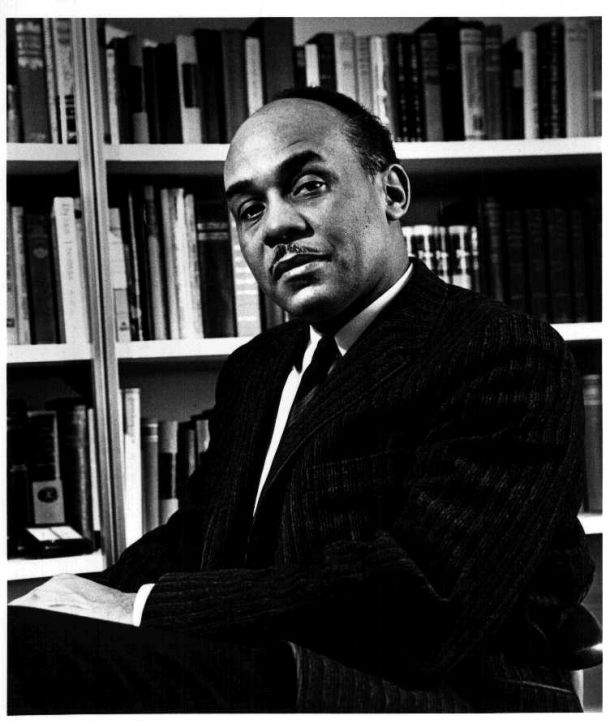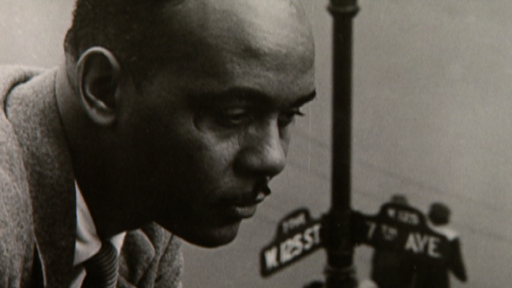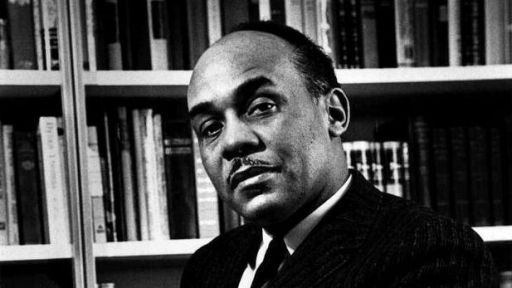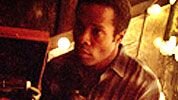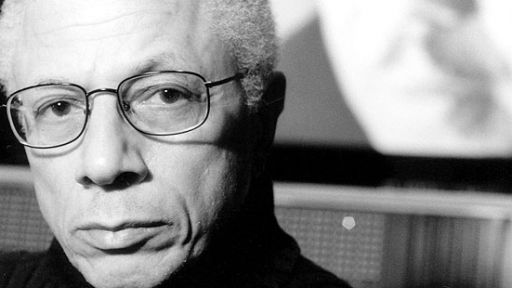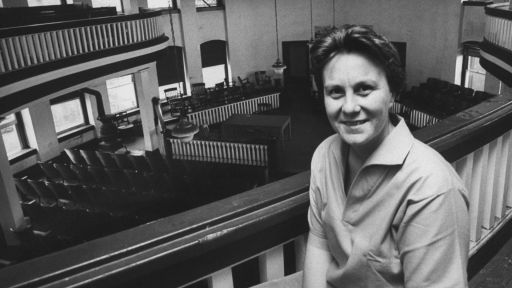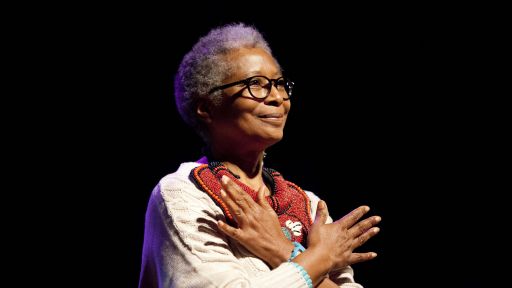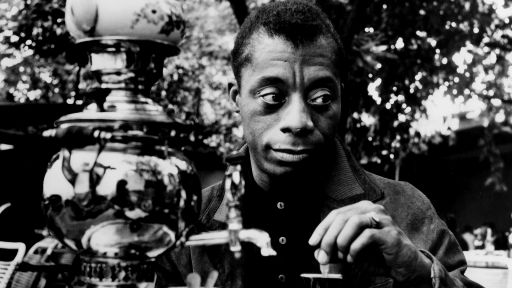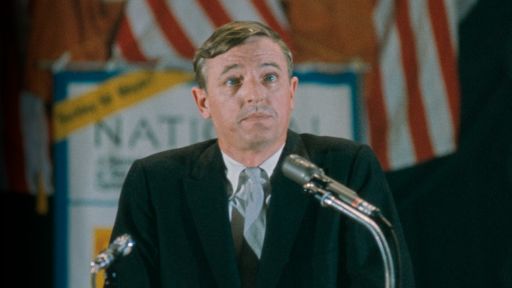In 1953, Ralph Ellison was the first African American author to be honored with the National Book Award.
In his acceptance speech, Ellison said “fiction . . . can arrive at the truth about the human condition, here and now, with all the bright magic of the fairy tale.” Although “Invisible Man” was the only fictional novel published within his lifetime, Ellison also wrote essay collections and “Juneteenth” – which was edited and published posthumously from his incomplete manuscripts. Ellison’s work changed the literary landscape and has inspired countless writers, including Barack Obama, who cited “Invisible Man” as an inspiration for “Dreams from My Father.” Below are selected quotes from Ellison on race, identity and humanity.
Quotes from “Invisible Man,” “Juneteenth” and other work by Ralph Ellison
“Power, for the writer . . . lies in his ability to reveal if only a little bit more about the complexity of humanity.”
― Ralph Ellison, Interview from USA: The Novel – Ralph Ellison on Work in Progress
“I am an invisible man. No I am not a spook like those who haunted Edgar Allan Poe; nor am I one of your Hollywood movie ectoplasms. I am a man of substance, of flesh and bone, fiber and liquids ― and I might even be said to possess a mind. I am invisible, understand, simply because people refuse to see me.”
― Ralph Ellison, “Invisible Man” (Prologue)
“All my life I had been looking for something, and everywhere I turned someone tried to tell me what it was. I accepted their answers too, though they were often in contradiction and even self-contradictory. I was naïve. I was looking for myself and asking everyone except myself questions which I, and only I, could answer. It took me a long time and much painful boomeranging of my expectations to achieve a realization everyone else appears to have been born with: That I am nobody but myself.”
― Ralph Ellison, “Invisible Man” (Chapter 1)
“I am not ashamed of my grandparents for having been slaves. I am only ashamed of myself for having at one time been ashamed.” ―
― Ralph Ellison, “Invisible Man” (Chapter 1)
“When I discover who I am, I’ll be free.”
― Ralph Ellison, “Invisible Man” (Chapter 11)
“But we are all human, I thought, wondering what I meant.”
― Ralph Ellison, “Invisible Man” (Chapter 11)
“What and how much had I lost by trying to do only what was expected of me instead of what I myself had wished to do?”
― Ralph Ellison, “Invisible Man” (Chapter 13)
“And I knew that it was better to live out one’s own absurdity than to die for that of others. . .”
― Ralph Ellison, “Invisible Man” (Chapter 25)
“Life is to be lived, not controlled; and humanity is won by continuing to play in face of certain defeat. Our fate is to become one, and yet many ― This is not prophecy, but description.”
― Ralph Ellison, “Invisible Man” (Epilogue)
“And my problem was that I always tried to go in everyone’s way but my own.”
― Ralph Ellison, “Invisible Man” (Epilogue)
“Perhaps to lose a sense of where you are implies the danger of losing a sense of who you are.”
― Ralph Ellison, “Invisible Man” (Epilogue)
“Sometimes I feel the need to reaffirm all of it, the whole unhappy territory and all the things loved and unlovable in it, for it is all part of me.”
― Ralph Ellison, “Invisible Man” (Epilogue)
“They can laugh, but they can’t deny us. They can curse and kill us but they can’t destroy us. This land is ours because we come out of it, we bled in it, our tears watered it, we fertilized it with our dead. So the more of us they destroy, the more it becomes filled with the spirit of our redemption.”
― Ralph Ellison, “Juneteenth: A Novel” (Page 120)
“God is love, I said, but art’s the possibility of forms, and shadows are the source of identity.”
― Ralph Ellison, “Juneteenth: A Novel” (Page 29)
“The understanding of art depends finally upon one’s willingness to extend one’s humanity.”
― Ralph Ellison, “The Art of Fiction: An Interview” (The Paris Review, Spring 1955)

